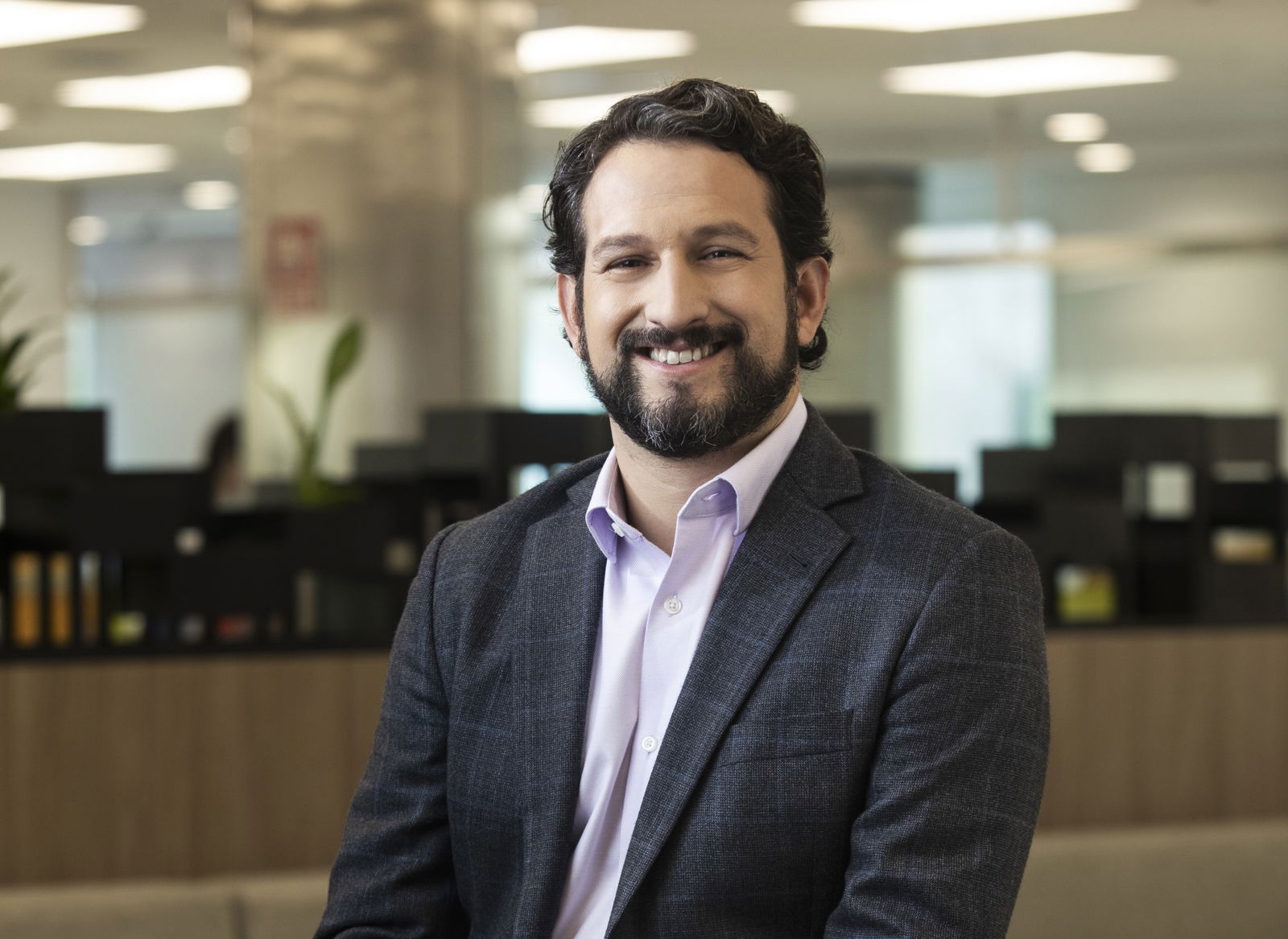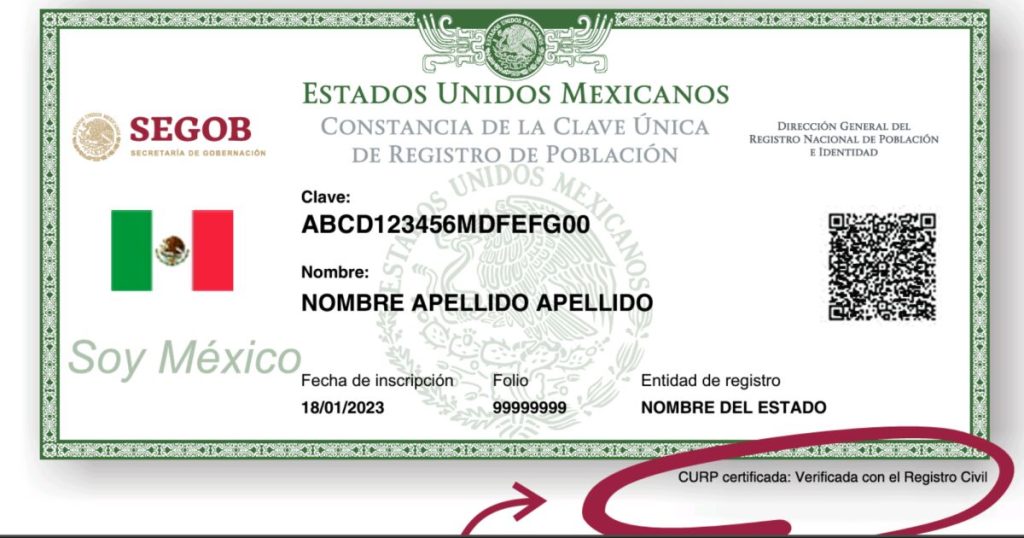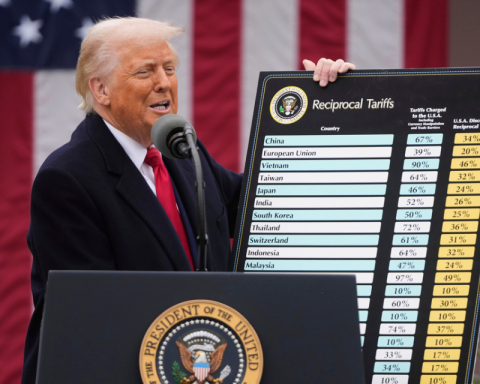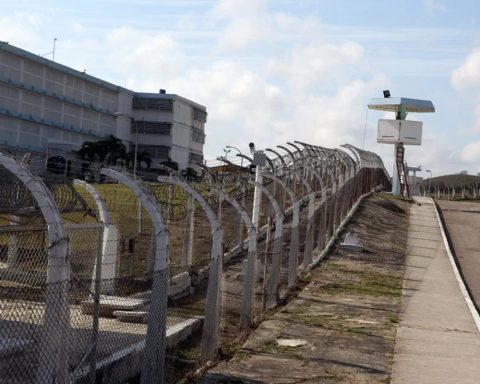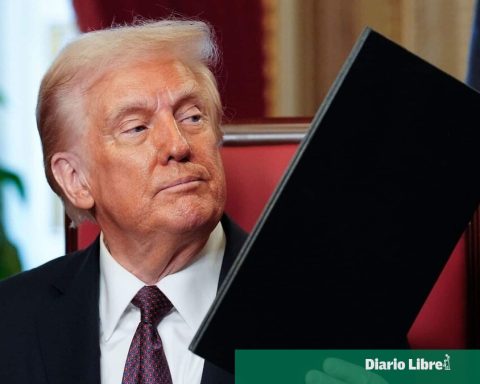Credicorp recently launched its think tank Banco de Ideas Credicorp. In this interview, Enrique PasquelCorporate Affairs Manager at Credicorp and BCP, who is participating in this initiative within the organization, explores the objective and tasks of this new project.
LOOK: New holidays affect trade and manufacturing
What is Credicorp’s Ideas Bank?
We are very excited about the Credicorp Ideas Bank and I will explain why. Within Credicorp’s sustainability strategy, we look for different ways to positively impact society. The Ideas Bank is a new component in that world. Its objective is to function as a ‘think tank’ or ideas laboratory, where Credicorp can contribute data and ideas for the development of better public policies on very sensitive issues for the population.
What problems facing society are you seeking to contribute to solving?
On issues ranging from financial inclusion, through entrepreneurship at the base of the pyramid, to highly sensitive issues such as citizen insecurity.
Given Credicorp’s expansion in the region, is the contribution of the Bank of Ideas only for Peru?
Our ambition is to have a positive impact through public policy proposals in all the countries where we operate. Four years ago, when we launched the Credicorp Financial Inclusion Index (IIF), which measures the level of financial inclusion in eight countries in the region, in several of which Credicorp has operations, we realized that with this information we can help both public and private actors make better decisions and can increasingly incorporate more people into the formal financial world. We saw that we had the capacity to produce a lot of data and many ideas to benefit public decision-making and the adoption of public policies.
How do you plan to produce the information from the Ideas Bank?
Credicorp, together with its companies, will begin to produce data and reports on a series of crucial topics. For example, with Mibanco we are about to launch a study soon that has to do with microentrepreneurs. Then, with Credicorp’s Talent team, we are going to launch a study on the main talent trends in the region and how to ensure that the most talented Latin Americans do not leave or, in any case, return to work in their countries. We also have another study with Pacífico Seguros on risks and the insurance market that we are going to launch; and, with BCP, we are about to launch a study on the citizen security in Peru. The idea is that we can replicate this in all the countries where we are present to contribute to public policies.
LOOK: Learn how to apply for a loan to study
How are you defining the agenda of the topics that this think tank will address?
We are still in the process of defining what the major issues are. Without a doubt, the main issue we are tackling is financial inclusion, because we have carried out 14 studies on financial inclusion in the last four years. So, there are many things we need to continue doing, but we are adding this other topic and what we are going to start presenting are the issues in which we believe we can be successful and we will concentrate our activities on these.
Just as the IIF works with Ipsos Peru, will they also work with third parties on the proposals?
It will depend on the topic. In the case of the IIF, we work with Ipsos because the main source of information for this index is surveys. So, who better than Ipsos to work on this topic hand in hand and gather all the information that we then make available to everyone through the IIF? In the case of citizen security, we are working with other experts. Soon, we will launch it and give a little more detail and, depending on the topic, we will see which is the best ally to produce the most valuable and most useful information for the public.
What will be the frequency of investigations?
In the case of what we want to present on citizen security, we hope that the frequency will be greater than that of the IIF. It will probably be quarterly. We are defining it. We want to publish information so that citizens can easily monitor whether citizen security is improving in their localities, to what extent it is improving or what things should be done to improve it.
How do you plan to disseminate the information?
The idea is that all this information, as is happening today with financial inclusion and as will soon happen with the issue of citizen security or, eventually, with the help of Mibanco with micro-entrepreneurship, all of this is public information. We want this information to be available to both private and public actors and researchers, as well as to all those who can use it to improve decision-making in Peru. The important thing is to reach all those forums in which these ideas are discussed in order to positively impact these issues in all the countries in which we are present.
Peru21 ePaper, enter here and try it for free.
RECOMMENDED VIDEO
